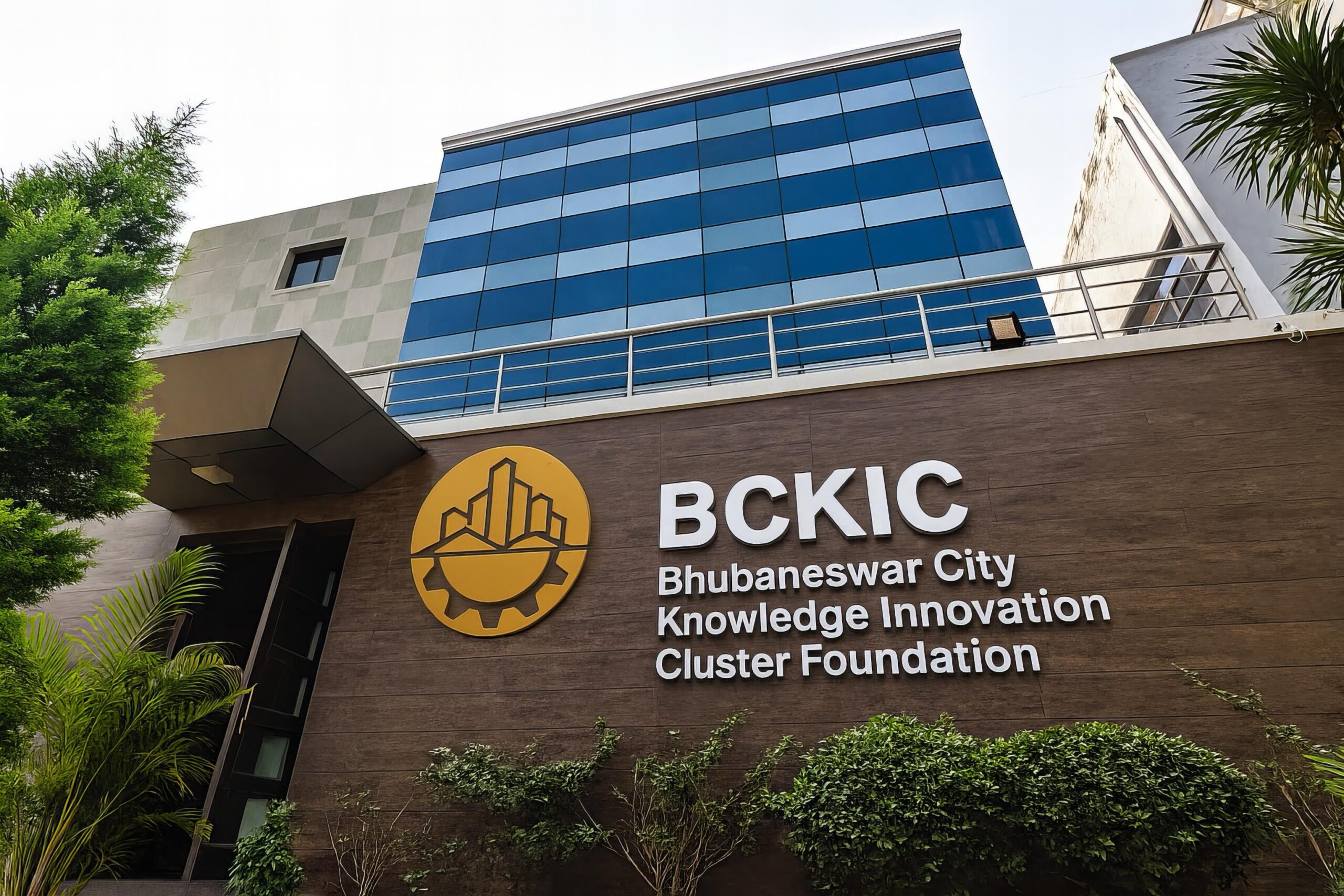The stage is set for one of the most significant India–Middle East business dialogues of the decade, as the Bhubaneswar City Knowledge Innovation Cluster (BCKIC) 2025 Conclave prepares to open in India this November, offering, according to organisers, a $10–50 billion sustainability and investment opportunity for Gulf-based leaders.
Scheduled for November 21 and 22 in Bhubaneswar, Odisha, the two-day conclave will bring together senior representatives from government entities, sovereign funds, and the private sector across the UAE, Saudi Arabia, and the wider GCC region.
The event is organised by the BCKIC Foundation, supported by the Government of Odisha’s Department of Energy, under the aegis of the Office of the Principal Scientific Adviser to the Government of India.
Themed around “The Next Wave of Sustainability Policy and Investment Flows”, the summit seeks to bridge India’s rapidly expanding green economy, valued at over $165 billion, with the Middle East’s capital, innovation and policy frameworks under Vision 2030 and UAE Centennial 2071.
“This is not just another global summit, it’s a strategic inflection point for India–Middle East collaboration,” said Dr Mrutyunjay Suar, Chairman of the BCKIC Foundation.
“From green hydrogen and water security to circular economy and AI-driven sustainability, the synergies between India’s innovation scale and the Gulf’s execution capacity are unparalleled. Missing this window could mean losing the first-mover advantage in shaping global sustainability frameworks.”
A New Era of India–Middle East Sustainability Partnership
The conclave comes at a pivotal moment for both regions. Following India’s G20 presidency in 2023 and the UAE’s hosting of COP28, both nations have emerged as global voices in sustainability transition and climate finance.
Dr. Suar noted that the conclave will act as a strategic platform for Gulf leaders to consolidate their role within the India–Middle East–Europe Economic Corridor (IMEC), while also gaining access to India’s technology, research, and policy innovation ecosystem.
“Gulf sovereign funds now control over $2 trillion in assets and are increasingly looking for sustainable, high-return projects,” he said.
“India’s innovation and affordability, combined with the Middle East’s capital and implementation speed, make this partnership an unprecedented opportunity to move from commitment to concrete outcomes.”
Access to Proven Technologies and MoU-Ready Projects
Middle Eastern delegates will gain direct access to Indian policymakers and experts from NITI Aayog, DST, and the Principal Scientific Adviser’s Office, with discussions focused on green hydrogen, renewable energy, waste-to-energy, and climate-resilient infrastructure.
The event will also unveil a pipeline of over 50 proven Indian technologies relevant to Gulf market needs, ranging from water management systems to digital smart-city solutions, many of which have demonstrated cost efficiencies of 30–50% compared to Western alternatives.
The BCKIC Foundation confirmed that the conclave is structured to deliver tangible outcomes, with more than 20 Memorandums of Understanding (MoUs) already in advanced stages of preparation. The targeted projects are expected to offer internal rates of return (IRR) between 15% and 25%, appealing to investors seeking both profitability and environmental impact.
Odisha: A Live Model for Sustainable Urban Innovation
The conclave will take place in Bhubaneswar, the capital of Odisha, one of India’s fastest-growing hubs for renewable energy and smart cities. The venue itself will serve as a live showcase of sustainable urban development, featuring zero-waste hospitality, circular economy practices, and local sourcing models.
Organisers say the event is designed to foster lasting bilateral frameworks that will drive long-term cooperation between India and the Middle East across sustainability, technology transfer, and impact investment.
“This is the decade of decisive climate action and cross-regional collaboration,” Dr Suar added.
“The BCKIC 2025 Conclave will not just discuss ideas but catalyse partnerships that define the global sustainability roadmap for years to come.”


















